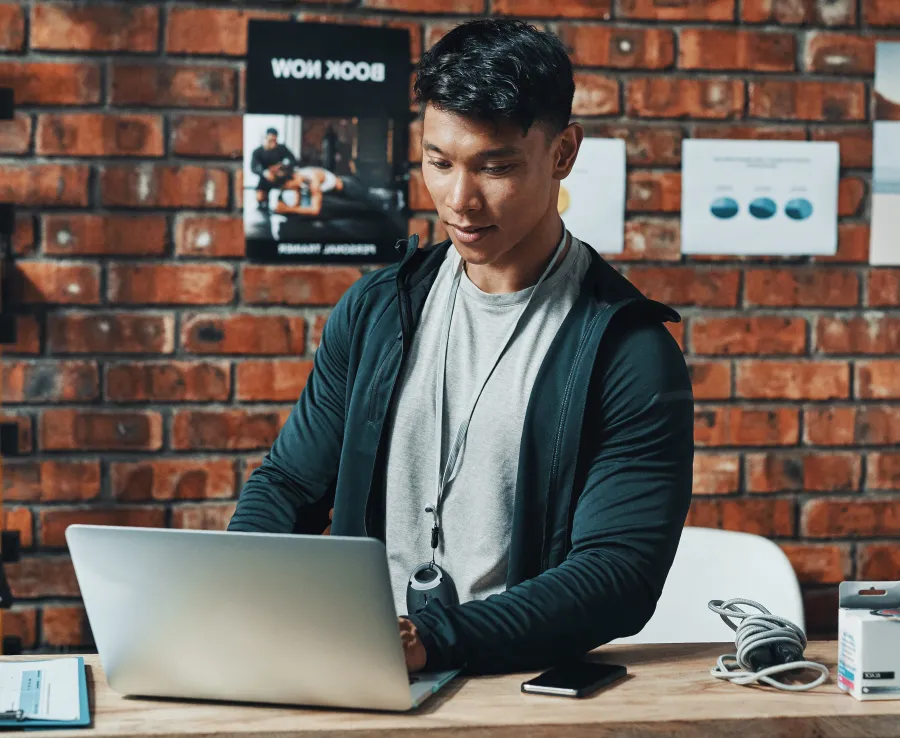Who handles complaints?
The complaint handler is a person with a position of authority in a club, league or association whose role is to deal with complaint matters to achieve positive resolutions. The complaint handler could be an appointed position like a Complaints Officer (or Complaints Manager). In many cases, handling complaints will be the responsibility of the club or association president, or another person on the committee. Coaches, team managers and officials might also deal with complaints, e.g. team selections issues, applications of rules, operational issues.
Member Protection Information Officers (MPIOs) are not complaint handlers. MPIOs are there to listen to issues raised by members of any sport before referring them to the right place to lodge their complaint.
Processes
Complaints must be dealt with according to the steps outlined in your club or associations policies and constitution. While many complaints can be dealt with quickly and informally, it’s crucial that any complaint of abuse, harassment, bullying or discrimination is handled according to the policies adopted by your club.
Any person in a club role that deals with complaints should read and follow their club’s policies and procedures.
Appointing a Complaints Officer
If your club or association can appoint a dedicated Complaints Officer, consider the following.
Complaints Officers should have:
- Good working knowledge of the club or association’s policies and constitution.
- Strong listening and interpersonal skills.
- The ability to think critically and act with integrity.
- The ability to respect people’s privacy and maintain confidentiality.
- An understanding of when and how to refer complaints to another organisation (e.g. law enforcement, child protection, Sport Integrity Australia, the relevant state, territory or national sporting organisation).
When appointing a Complaints Officer, look for people with:
- A growth mindset and willingness to complete relevant training.
- Background and skillsets that support the abilities required in the role.
- Ability to remain impartial and non-biased.
- A trustworthy reputation.
- Available and accessible to deal with issues and complaints.
- An understanding of procedural fairness and ability to follow defined process.
If it is the president or secretary who handles complaints, the training and resources from Play by the Rules and Sport Integrity Australia will help those people feel more prepared.
Note that volunteer complaint handlers should not:
- Investigate allegations of child abuse or grooming.
- Withold information when requested as part of police or child protection investigations.
- Dismiss people’s complaints or concerns.
- Gossip or share confidential information with club members.
Conflicts of interest
Complaints in clubs can often involve members whose existing personal relationships create conflicts of interest. That means people involved in the complaint may not believe they will receive fair or just treatment. Sometimes a person outside of the club, league or association is required to resolve the complaint.

